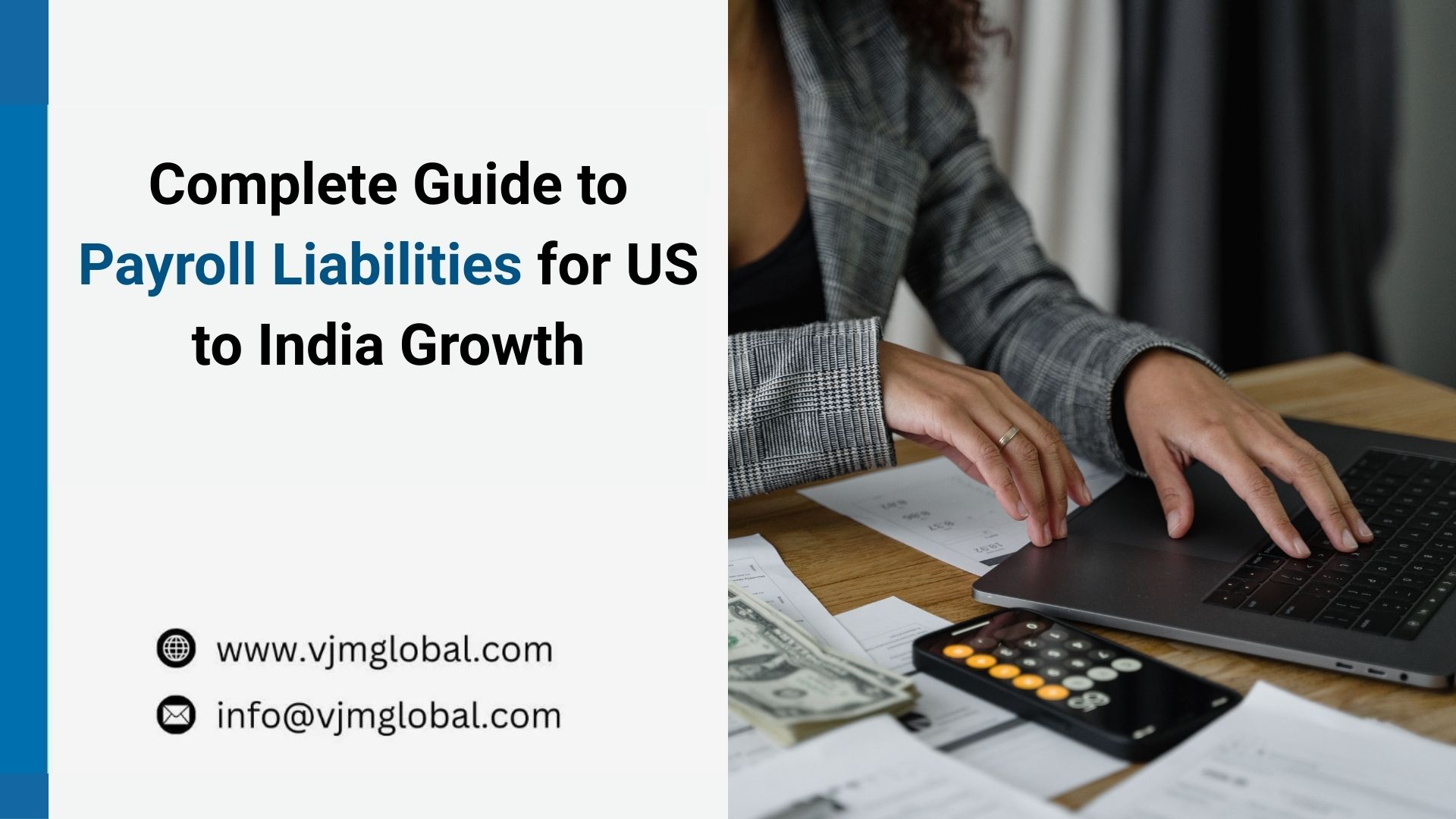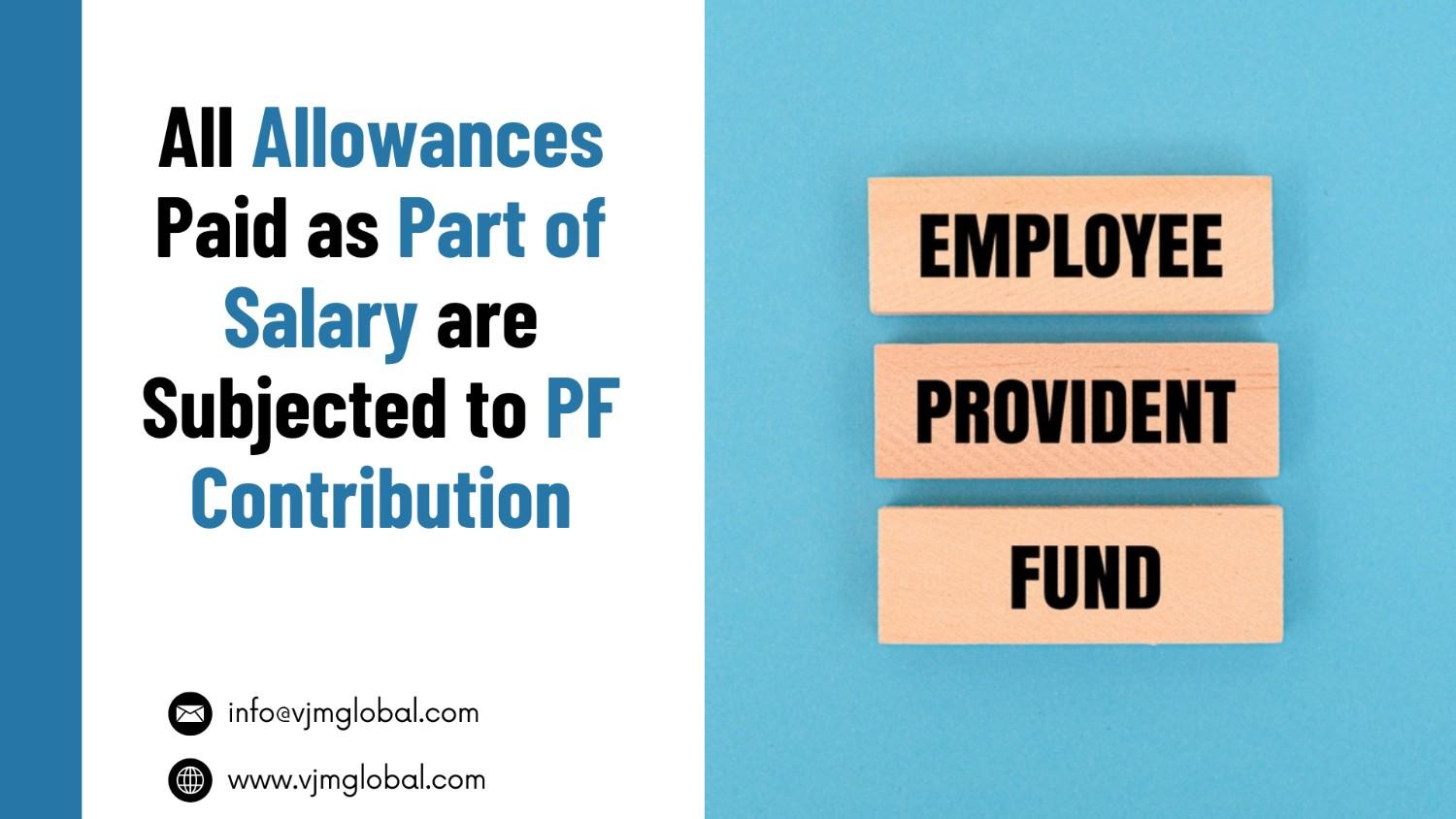Provident Fund has been one of the foremost drivers of pooling retail savings in India. Every Indian salaried employee is aware of ‘Provident Fund contributions which are deducted from the monthly earnings.
There has been a long standing dispute on the salary components which are subject to contribution. The Supreme Court, vide judgement dated 28 February 2019 in the case of Surya Roshni Ltd. v. Employees’ Provident Fund and Anr [2011 (2) MPLJ 601] held that allowances forming part of salary are subject to PF contribution.
With this judgement, it is now a settled position of law that allowances paid as part of salary are subjected to PF contribution.
Social Security in India
Social Security is one of the means to ensure welfare of people after retirement from active work. Governments across the globe mandate, administer and implement social security schemes in order to inculcate the habit of saving for future. This is facilitated through a statutory deduction at the time of receiving monthly earnings (salary) and is topped up with a part contribution from the Employer/Government.
In India, the social security is administered through the Employees Provident Fund and Miscellaneous Provisions Act, 1952(‘PF law’). The rate of contribution is 12% each from the Employee with a matching contribution from the Employer. The Employee contribution is completely allotted to Employee Provident Fund (‘EPF’) while the Employer contribution is bifurcated between EPF (3.67%) and Employee Pension Scheme (‘EPS’) (8.33%).
PF law is applicable to all ‘establishments’ employing at least 20 employees. PF law requires contribution at 12% of the aggregate of basic wages, dearness allowance and retaining allowance.
As per PF law, ‘Basic wages’ means
“all emoluments which are earned by an employee while on duty or (on leave or on holidays with wages in either case) in accordance with the terms of the contract of employment and which are paid, or payable in cash to but does not include:
(i) the cash value of any food concession;
(ii) any dearness allowance (that is to say, all cash payments by whatever name called paid to an employee on account of a rise in the cost of living), house-rent allowance, overtime allowance, bonus, commission, or any other similar allowance payable to the employee in respect of his employment or of work done in such employment and
(iii) any presents made by the employer.”
In summary, all cash earnings/ allowances except those specifically excluded under PF law are covered under the term ‘Basic wages’ and are hence liable for contribution under the PF law.
Cap on Provident Fund contribution
As per the PF law, the base amount considered for contribution to PF could be restricted to INR 15,000 at the option of the Employee, if the ‘Basic wages’ were exceeding INR 15,000. This was a beneficial option given to Employees in the higher salary brackets.
For example, an employee earning INR 12,000 would be required to contribute PF on INR 12,000, whereas an employee earning INR 45,000 had the option to contribute PF on INR 45,000 or restrict on INR 15,000.
Cause of dispute
Tax planning and salary structuring has been prevalent in the Indian context and Employers were insisted to structure salary in such a way that the total take home salary (after considering all statutory deductions) was higher for the Employees, leading to higher disposable income in the hands of employees.
Accordingly, Employers followed the practice of splitting the total salary into various components like basic salary, allowances, perquisites and reimbursements. While the salary structure was designed to align with the Income tax law,it was not aligned to the PF law. There was a debate on whether the other components of salary (allowances, perquisites and reimbursements) were subject to PF contribution. This aspect was subject to severe litigation across several States.
Judgment of the Supreme Court
The Supreme Court held as under:
- Basic wages includes all allowances that are universally, ordinarily and necessarily paid to Employees across the board.
- In order to compute the amount of PF contribution, the PF law intends to include all allowances paid in cash, unless specifically excluded by PF law.
- PF contribution is not attracted where the Employee is eligible to receive any additional amounts including incentives, bonus, over-time allowance etc.
- An allowance can be considered as variable if the same is in the nature of an incentive for additional output, beyond the normal output.
- Allowances not earned by all Employees are not subject to PF contribution.
- ‘Special allowances’ that form part of Basic wages are subject to PF contributions.
Impact
- Employees earning upto INR 15,000 per month would be severely impacted as the PF contribution would increase and Take Home Salary reduces. Employers may have to restructure the salary structure for such employees and this may lead to additional cash flow for the Employer.
- Employees earning more than INR 15,000 per month and not contributing PF on INR 15,000 would be impacted as the minimum PF contribution limit is triggered.
- Employees earning more than INR 15,000 per month and also contributing PF on a minimum of INR 15,000 would not have any impact.
Read more on PF and ESI Payment, Due Date | Late Fees & Interests













